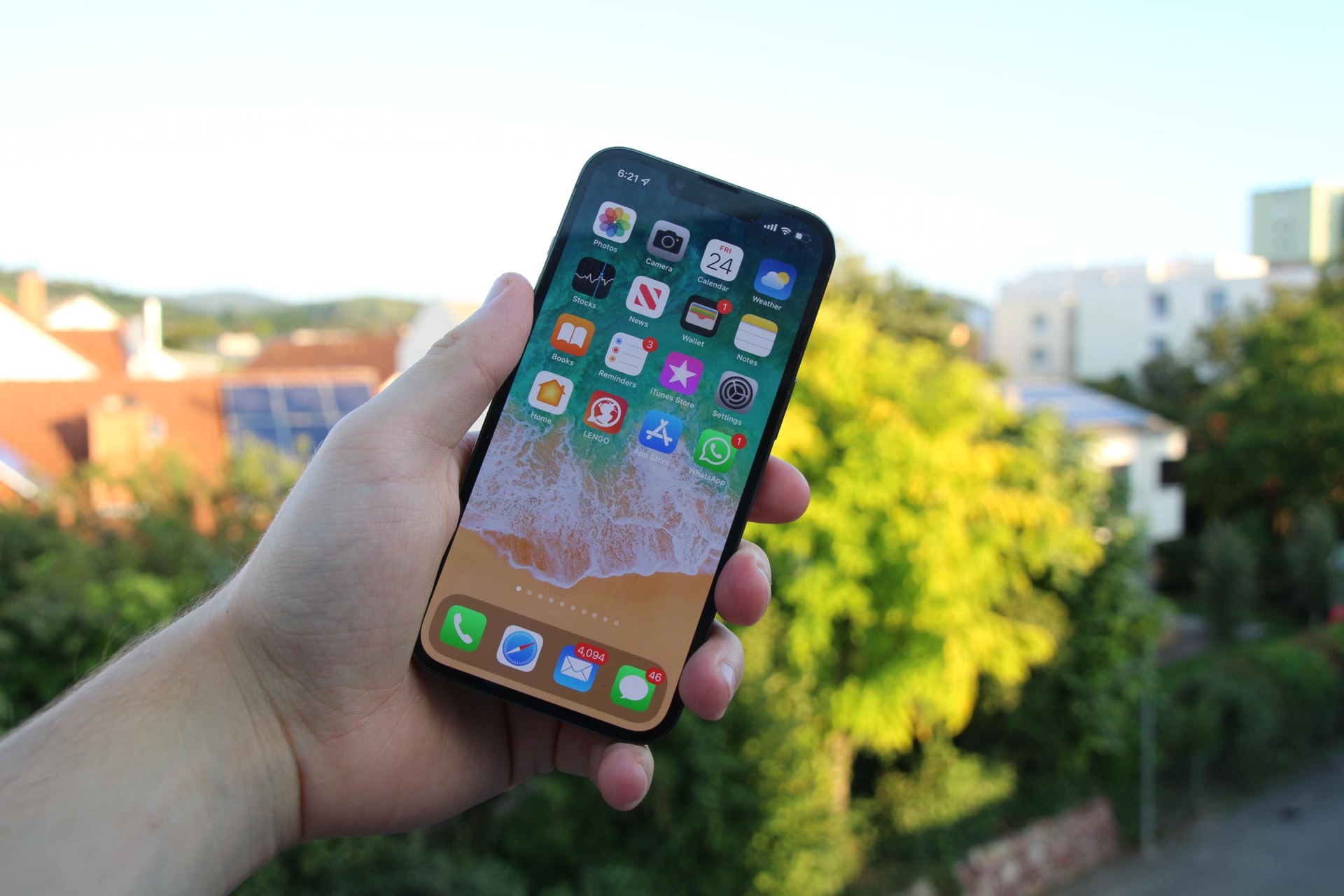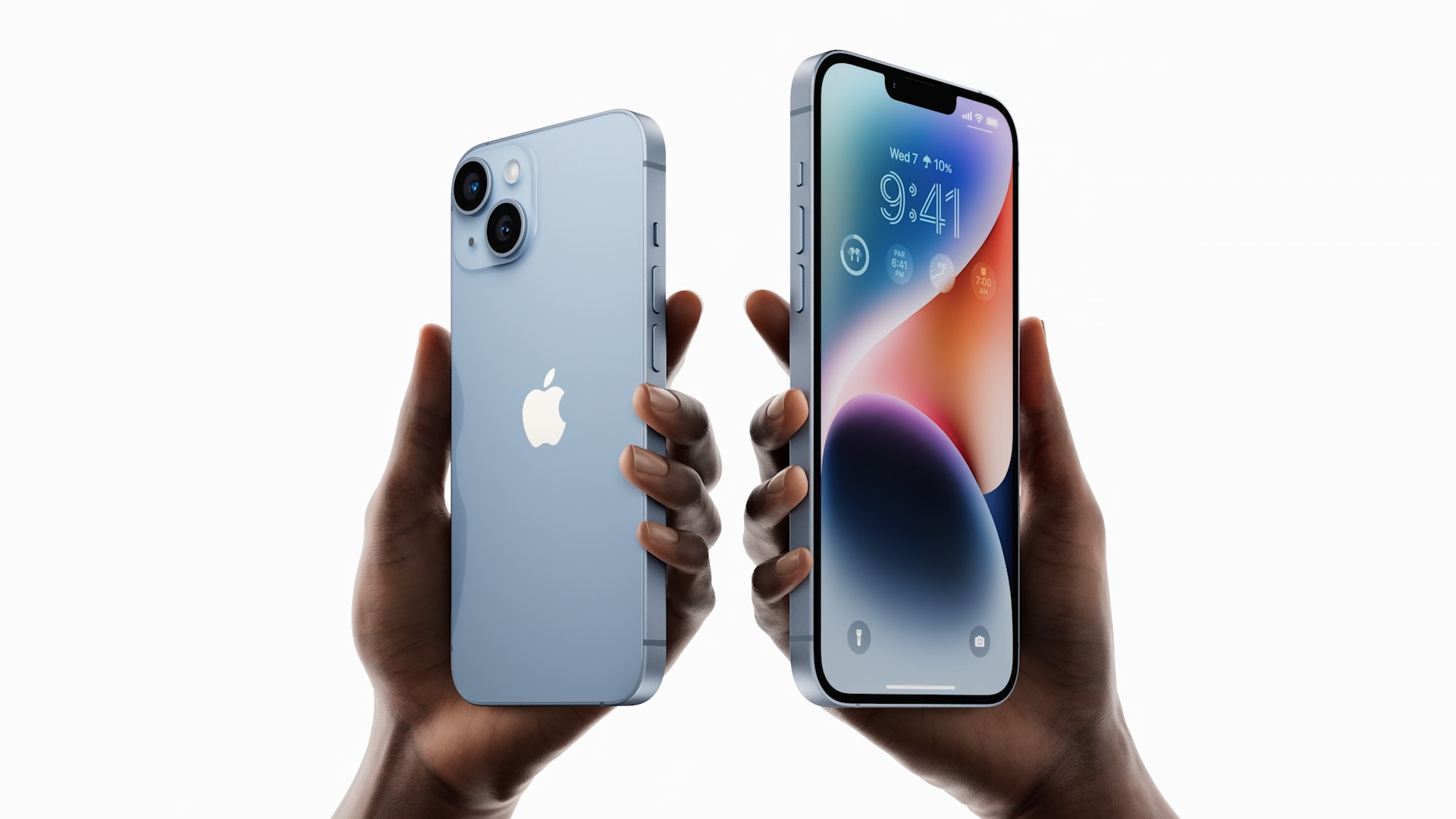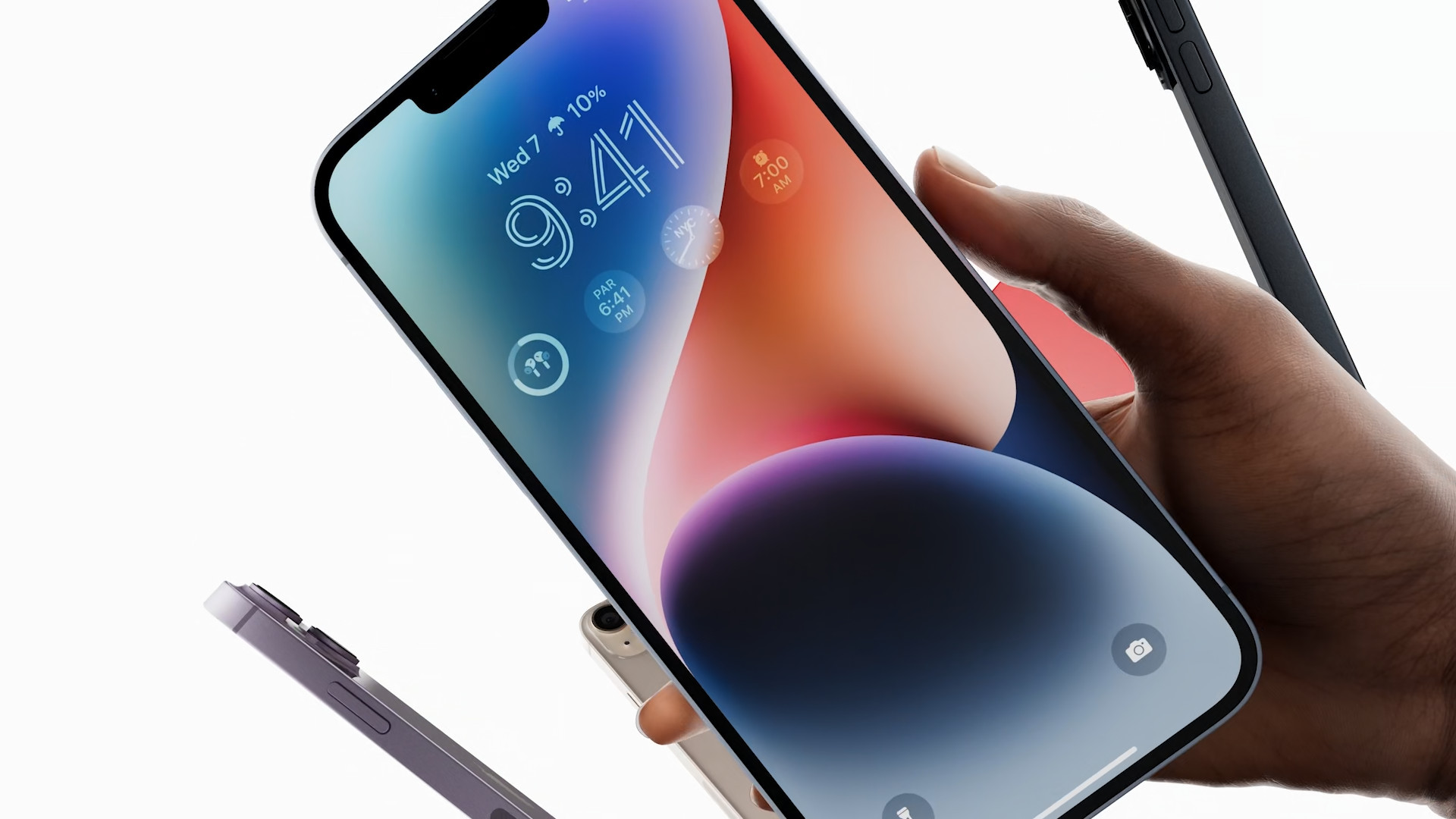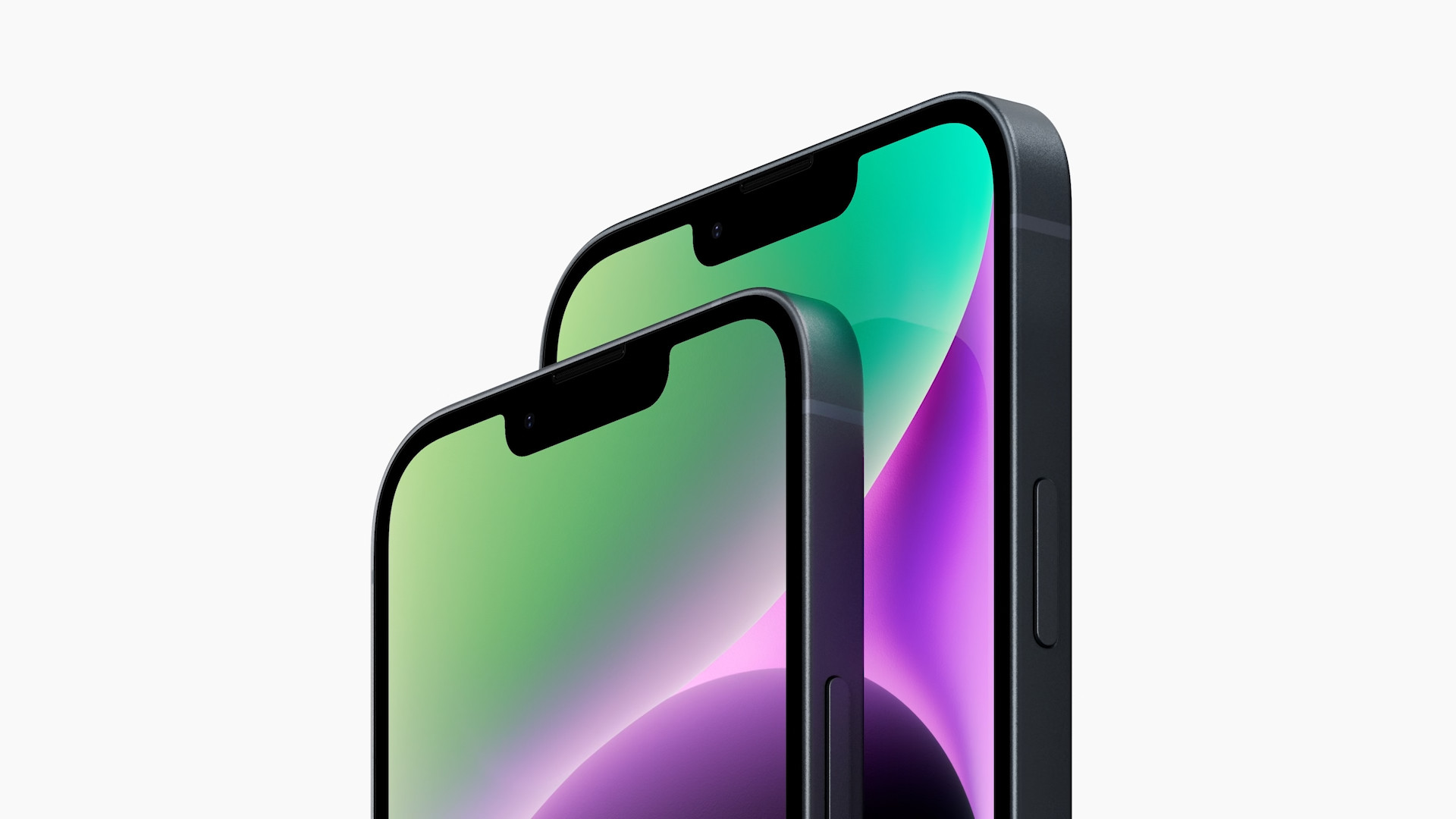Many Apple users see their level of security as the biggest benefit of iPhones. In this regard, Apple benefits from the overall closedness of its platform, as well as from the fact that it is generally regarded as a company that cares about the privacy of its users. For this reason, in the iOS operating system itself, we find a number of security functions with a clear goal - to protect the device from threats.
It could be interest you
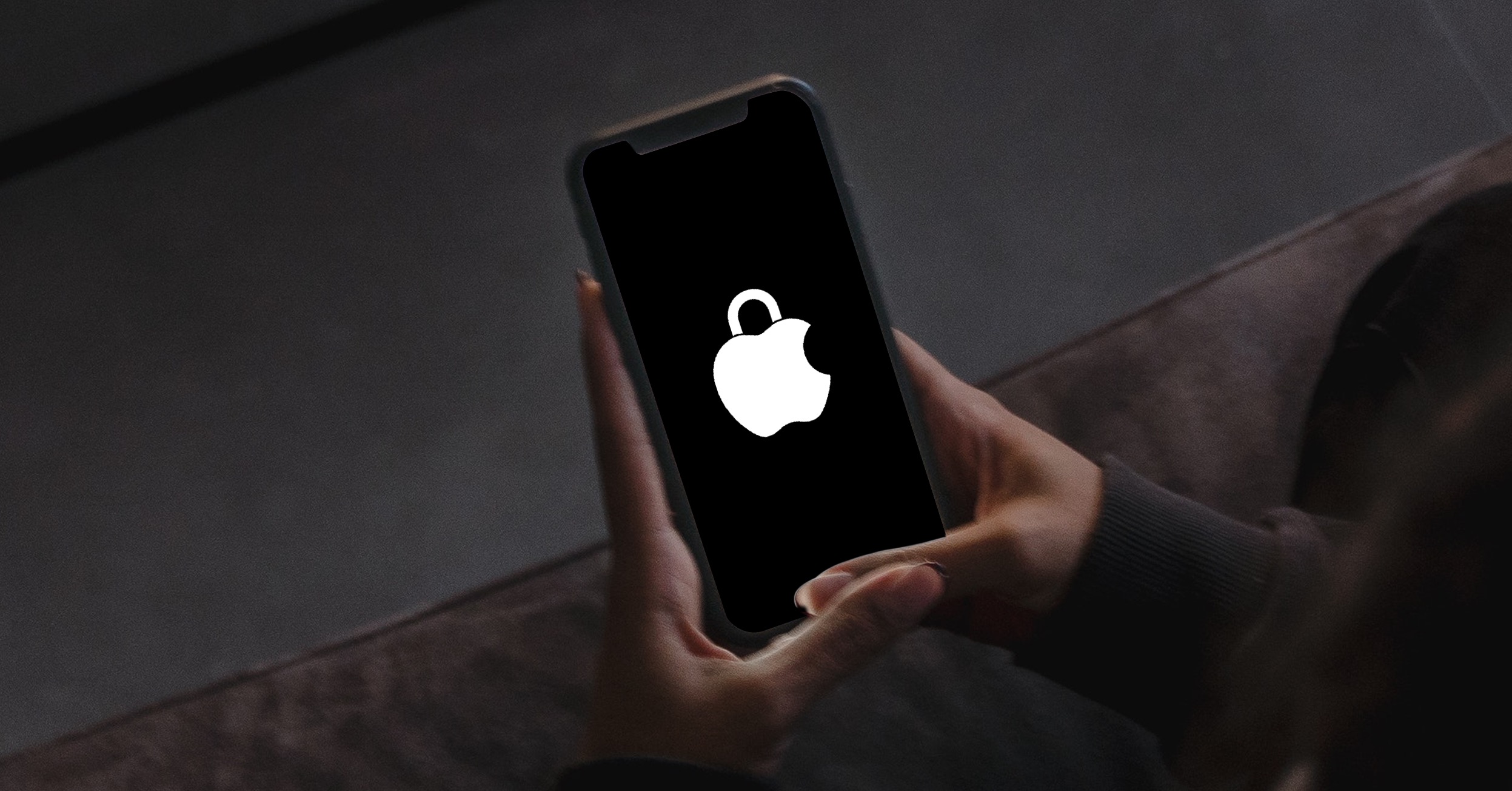
In addition, Apple phones solve protection not only at the software level, but also at the hardware level. The Apple A-Series chipsets themselves are therefore designed with an emphasis on overall security. A coprocessor called Secure Enclave plays an extremely important role in this. It is completely isolated from the rest of the device and serves to store encrypted important data. But not much can be climbed on it. Its capacity is only 4 MB. This clearly shows that Apple does not take security lightly. In the same way, we could list a number of other functions that have a certain share in all of this. But let's focus on something a little different and answer the question of whether the security of apple phones is actually sufficient.
Activation lock
The so-called is extremely important for the security of (not only) iPhones activation lock, sometimes referred to as iCloud Activation Lock. Once a device is registered to an Apple ID and connected to the Find It network, as you may know, you can look at its location at any time and thus possibly have an overview in cases where it is lost or stolen. But how does it all work? When you activate Find, a specific Apple ID is stored on Apple's activation servers, thanks to which the Cupertino giant knows very well who the given device belongs to and therefore who is its real owner. Even if you subsequently force restore/reinstall the phone, the first time it is turned on, it will connect to the aforementioned activation servers, which will immediately determine whether the activation lock is active or not. On a theoretical level, it is supposed to protect the device from abuse.
A fundamental question therefore arises. Can activation lock be bypassed? In a way, yes, but there are fundamental problems that make the whole process almost impossible. Basically, the lock should be completely unbreakable, which (so far) applies to newer iPhones. But if we look at slightly older models, specifically the iPhone X and older, we find a certain hardware error in them, thanks to which a groundbreaking jailbreak called checkm8, which can bypass the activation lock and thus make the device accessible. In this case, the user gets practically full access and can easily make calls or browse the Internet with the phone. But there is a major catch. Jailbreak checkm8 cannot "survive" a device reboot. It thus disappears after a reboot and must be uploaded again, which requires physical access to the device. At the same time, it is easy to recognize a stolen device, as you only need to restart it and it will suddenly require you to log in to your Apple ID. However, even this approach is no longer realistic with newer iPhones.

This is precisely why stolen iPhones with an active activation lock are not sold, as there is practically no way to get into them. For this reason, they tend to be disassembled into parts and then resold. For attackers, this is a significantly simpler procedure. It is also interesting that many stolen devices end up in one and the same place, where they are often moved calmly across half the planet. Something like this happened to dozens of American Apple fans who lost their phones at music festivals. However, since they had Find it active, they could mark them as "lost" and track their location. The whole time they were shining on the territory of the festival, until they suddenly moved to China, namely to the city of Shenzhen, which is referred to as China's Silicon Valley. In addition, there is a huge electronics market here, where you can buy literally any component you need. You can read more about it in the article attached below.
It could be interest you
